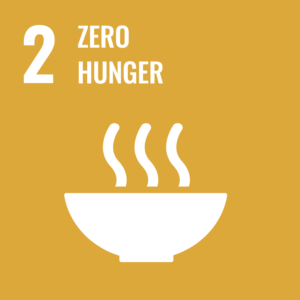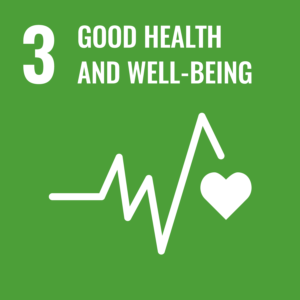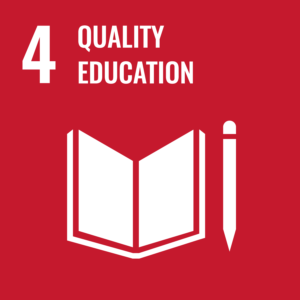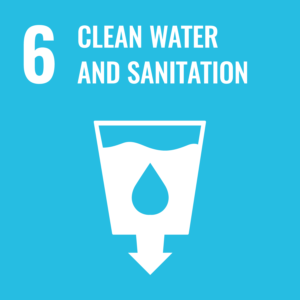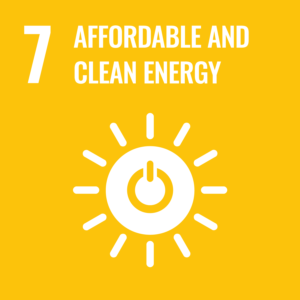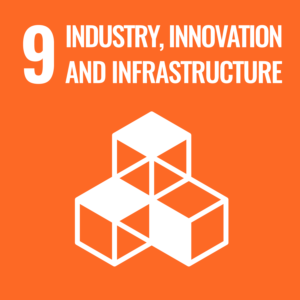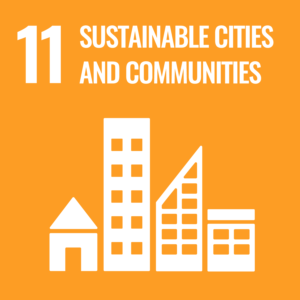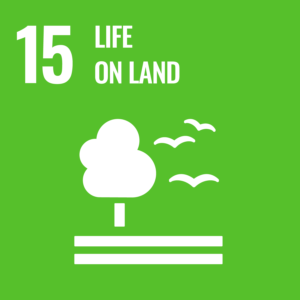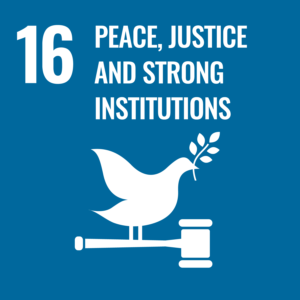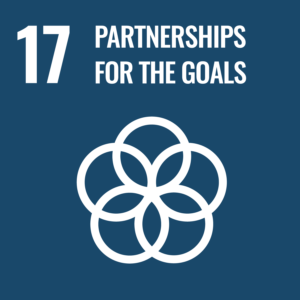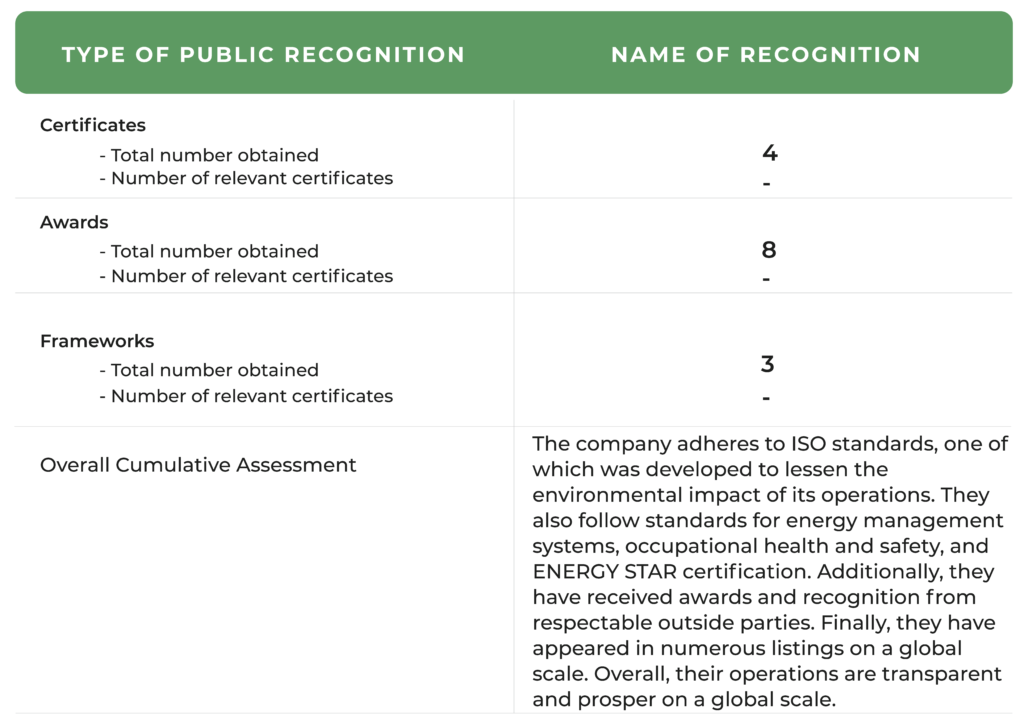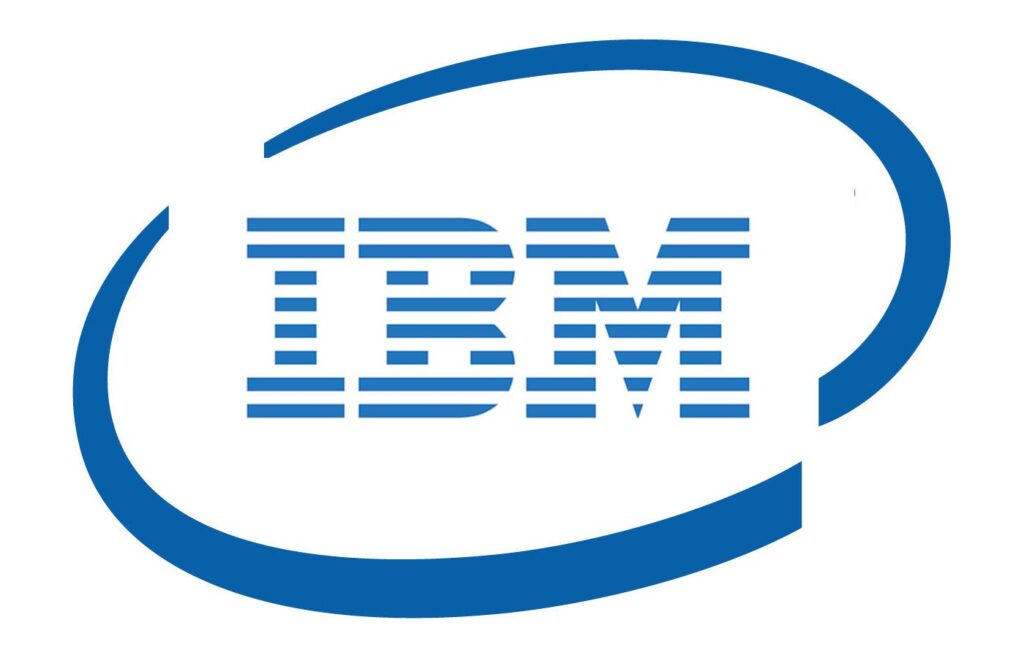
RATING

Outlook
Positive
SECTOR
IT, Internet, Software & Services
Chief Sustainability Officer
Wayne Balta
Contact Details:
N/A
T: N/A
E-mail: N/A
Stock Exchange and Ticker
NYSE: IBM
Website
Contact
T: 1-800-426-4968 (toll-free)
E.mail: N/A
Listing
- #5 Fast Company Best Workplaces for Innovators
- #72 Fortune 100 Best Companies to Work For 2021
- PEOPLE/Great Place to Work 50 Companies That Care 2021
- AnitaB.org 2021 Top Companies for Women Technologists
- Human Rights Campaign 2021 Best Places to Work for LGBTQ Equality
- Ethisphere 2021 World’s Most Ethical Companies
- 3BL Media Best Corporate Citizens of 2021
- JUST Capital 2022 JUST 100 – #19 overall, #1 in industry
- Fortune 2021 World’s Most Admired Companies – #46 overall, #3 in IT Services industry
- #14 Fortune Best Big Companies to Work For 2021
- #13 Fortune Best Large Workplaces in Technology 2021
- #3 Military Friendly Employer 2022
- Winds of Change Top 50 Workplaces for Indegenous STEM Professionals 2021 List
- #67 Best Employers for Veterans (2022)
- #11 Mexico’s Best Employers (2022)
- #3 World’s Best Employers (2022)
- America’s Best Employers By State (2022)
- World’s Best Management Consulting Firms (2022)
- #106 Canada’s Best Employers For Diversity (2022)
- #34 Best Employers for New Grads (2022)
- #98 Global 2000 (2022)
- #205 Best Employers for Diversity (2022)
- America’s Best Management Consulting Firms (2022)
- #169 America’s Best Large Employers (2022)
- #88 Canada’s Best Employers (2022)
- #209 America’s Best Employers (2021)
- #11 Just Companies (2021)
Awards
- Reuters Responsible Business Awards 2021 – DE&I Shortlist
- AI Breakthrough Awards 2021 – Best Overall Natural Language Processing Company
- The Global CSR Awards 2021 “Best Environmental Excellence Award” – Platinum
- Business Intelligence Group 2021 Sustainability Leadership Award (Organization)
- His Royal Highness The Prince of Wales 2021 Inaugural Terra Carta Seal for our commitment to sustainable markets
- Institute of Directors, India, 2021 Golden Peacock Global Award for Sustainability
- S&P Global Platts 2021 Global Energy Awards – Energy Consumer Sustainability Award
- SEAL Awards – 2021 SEAL Sustainable Product Award for the IBM z15™ Telecommunications Industry Association 2021 Global Sustainability Award
- IBM Canada was recognized in 2021 as one of Canada’s Best Diversity Employers, for the third year in a row
- Forbes and Statista recognized IBM as one of America’s Best Employers for New Grads 2021
- Forbes and Statista have recognized IBM as one of America’s Best Employers for Diversity 2021
Revenue
$67.3B
Market Capitalisation
$133.28B
Employees
282,100
Content source
IBM Sustainability Report
Evaluation of IBM
IBM has set its targets under 4 main topics; energy and climate, conversation and biodiversity, supply chain and value chain, management system.
IBM worked with the WHC to develop habitats that are friendly to pollinators, provided funding for initiatives centered on sustainable agriculture, improved insurance coverage, and started the Mental Health Ally Badge program. In order to align with growth behaviors, it also introduced the IBM Growth Behaviors website and Leadership Development portfolio. Another thing we appreciate about IBM is that it pays equally for similar work; the company made sure that women earn $1 for every $1 earned by men for comparable work, both globally and not only in the US. Finally, they have almost entirely positive reviews online, no scandals or controversy.
On the energy and GHG emissions side, IBM certified five power-based servers and four storage products to ENERGY STAR standards and implemented water withdrawal reduction initiatives, energy conservation projects, and renewable electricity contracts to reduce water consumption and CO2 emissions. Compared to the previous year, it reduced GHG emissions by 7.7% and increased its renewable electricity supply by 4.9%.
The fact that IBM does not purchase nature-based carbon offsets to claim reduction in emissions, but focuses solely on internal sources of GHG emissions, should serve as an example for all other businesses operating in the market, well beyond the tech sector.
They are, therefore, on the right path to becoming a fully sustainable business as well as serving as an example across the industry and beyond, earning the highest score in this year´s index for tech corporations.
Sustainability Scorecard
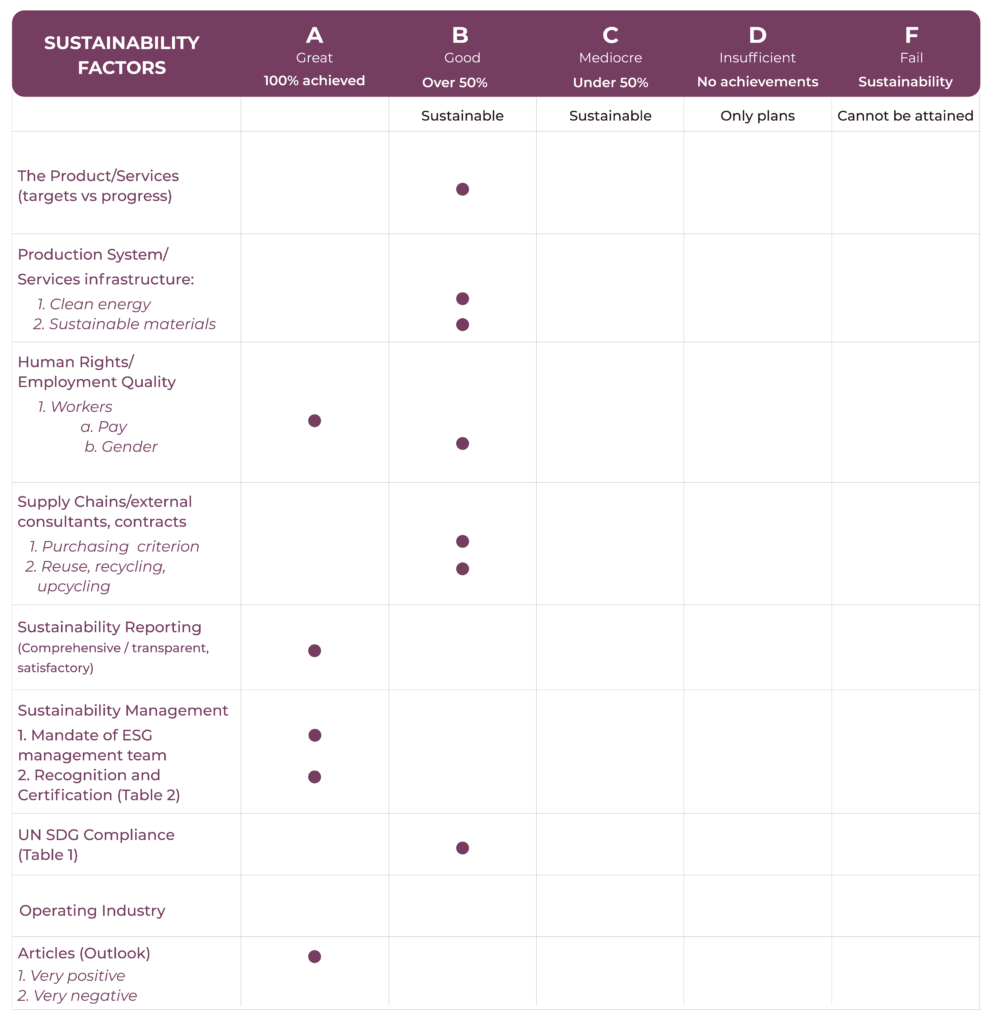
IBM Company Activity
International Business Machines Corp. is an information technology company, which provides integrated solutions that leverage information technology and knowledge of business processes. It operates worldwide, with headquarters across four continents. It operates through the following segments: Cloud & Cognitive Software, Global Business Services, Global Technology Services, Systems, and Global Financing.
The Cloud & Cognitive Software segment provides integrated and secure cloud, data and solutions to clients. The Global Business Services segment provides clients with consulting, application management, and global process services. The Global Technology Services segment provides comprehensive IT infrastructure and platform services that create business value for clients. The Systems segment provides clients with innovative infrastructure platforms to help meet the requirements of hybrid cloud and enterprise AI workload. The Global Financing segment encompasses two primary businesses: financing, primarily conducted through IBM Credit LLC, and remanufacturing and remarketing.
The company was founded by Charles Ranlett Flint and Thomas J. Watson Sr. on June 16, 1911, and is headquartered in Armonk, NY. (Source: Forbes)
IBM Sustainability Activity - As per company declarations
IBM has set a new 2025 greenhouse gas emissions reduction goal. This is another milestone in our roadmap to achieve net-zero greenhouse gas emissions by 2030.
The company also increased its waste recycling goal, committing to divert 90% of its nonhazardous waste from landfills and incineration by 2025.
IBM is committed to skilling 30 million people globally by 2030. In 2021, IBM again grew the percentage of women and underrepresented minorities in its workforce. We also committed to dedicating 15% of our first-tier diversity supplier spending to Black-owned businesses. IBM will train 1,000 partners in technology ethics by the end of 2022. The company has also added a diversity modifier to its executive compensation program. This is part of its commitment to supporting clients and partners who deliver the highest standards of security, privacy, data protection, and compliance.
Certificate & Labels, Standards and Frameworks
- ISO 45001:2018 occupational health and safety standard
- ISO 14001 EMS standard
- ISO 50001 energy management systems standard
- ENERGY STAR
- Global Reporting Initiative (GRI) Standards
- Sustainability Accounting Standards Board
- Task Force on Climate-Related Financial Disclosures (TCFD)
IBM in the news: Press Reviews and Social Media
An international free-of-charge social impact program called the IBM Sustainability Accelerator has been launched, according to IBM. The program uses IBM technologies, including artificial intelligence and hybrid clouds, to improve and scale the operations of non-profit and governmental organizations. The Environmental Intelligence Suite, IBM Watson, and IBM Cloud are just a few of the technologies that will be used. The public RFP for the 2022 cohort, which will have a focus on clean energy, has been made available for non-profit organizations to apply for thanks to IBM’s newly launched Sustainability Accelerator program. For the RFP and project selection of the organizations that are a part of that year’s cohort, IBM will establish one theme annually. Submissions must be made through our Submission Portal by April 30, 2022.
The new members of IBM’s Sustainability Accelerator, which was established in 2022, were announced. The program makes use of an expert ecosystem and IBM technologies like hybrid clouds and artificial intelligence. The objective is to enable governmental and nonprofit organizations to scale their initiatives. During the Pandemic, crop stubble burning in India increased. The government enacted stricter crop management laws in 2020, but it did not offer resources or assistance for proper disposal.
Nature Conservancy India is launching a number of intervention strategies, including funding and making mechanized farming equipment accessible. To help achieve Sustainable Development Goal (SDG) 7.2, which calls for universal access to affordable, dependable, sustainable, and modern energy by 2030, IBM has launched a clean energy initiative. The organizations chosen are Sustainable Energy for All, Net Zero Nova Scotia, UNDP, and Net Zero Atlantic. To create and scale open-access datasets and an energy needs model using temporal and spatial data, IBM’s Sustainable Energy for All uses machine learning and IBM Cloud. The first regions to pilot these models are Kenya and India, but there is no restriction on how many other regions can be included.
Five organizations have been chosen by IBM to participate in the clean energy cohort of the IBM Sustainability Accelerator program. An interactive digital tool that geospatially displays the socioeconomic and environmental effects of potential energy system futures for Nova Scotia is being developed by Net Zero Atlantic in partnership with IBM.
Highlights from IBM Sustainability Report
Achievements
- 64x improvement in IBM Power relative performance
- IBM does not purchase nature-based carbon offsets to claim any reduction of IBM’s emissions
- GHG emissions have decreased by 61.6% compared to the baseline year of 2010, and have decreased by 7.7% since the previous year
- Clearly defined targets and progress
Weaknesses and Setbacks
- No IBM Power10 servers released in 2021 were subject to the ENERGY STAR criteria
Targets vs Progress Reported
| Target | Results reported |
|---|---|
| Energy and Climate | |
| Procure 75% of the electricity IBM consumes worldwide from renewable sources by 2025, and 90% by 2030 | - 64.2% Renewable electricity procurement; 4.9% increase since 2020 |
| Reduce IBM’s greenhouse gas (GHG) emissions 65 percent by 2025 against the base year 2010, adjusted for acquisitions and divestitures | - 61.6% GHG emissions reduction against the 2010 base year; 7.7% increase in reduction of GHG since the last year |
| Reach net zero greenhouse gas emissions by 2030 using feasible technologies to remove emissions in an amount which equals or exceeds IBM’s residual emissions. Aim for residual emissions of 350,000 metric tons of CO2 equivalent or less by 2030, with 90 percent of IBM’s electricity coming from renewable sources | - 697,966 tons of CO2-equivalent GHG emissions in 2021; 199,187 tons of CO2-equivalent decrease since the last year - IBM anticipates new Carbon removal solutions such as direct air capture, and supports their development with research to accelerate the discovery of enabling materials |
| Implement a minimum of 3,000 energy conservation projects to avoid the consumption of 275,000 megawatt-hours (MWh) of energy from 2021 to 2025 | - They implemented 936 energy conservation projects in 2021 across more than 190 locations globally, avoiding 90,000 MWh of energy consumption and 26,500 metric tons (MT) of CO2 emissions, and saving $9.9 million |
| Improve average data center cooling efficiency 20 percent by 2025 against the base year 2019 | - 30% energy conservation savings in IT and cooling efficiency projects in data centers in 2021 |
| For server products with a valid upgrade path, reduce power consumption per unit of delivered work versus the previous generation | - IBM’s latest Power10-based server, the E1080, was released in 2021 and improved the work delivered per unit of power consumed (rPerf/kilowatt [KW]) by 34% over previousgeneration IBM Power9-based servers |
| Establish, by year-end 2021, individual baselines for fleet carbon intensity with each key carrier and shipment supplier involved with IBM’s product distribution globally. Starting in 2022, convene with each supplier to set a fleet carbon intensity reduction target covering the services they provide to IBM | - In 2021, IBM engaged its top five logistics suppliers and established a fleet carbon intensity baseline for their logistics operations. In 2022, it will continue to work with these suppliers to obtain more insights into the carbon intensity of their fleets and set carbon intensity reduction goals |
| Conservation and biodiversity | |
| Achieve a year-to-year reduction in water withdrawals at specified IBM locations in high or extremely high water-stressed regions | - In 2021, withdrawals at these locations decreased by 1.2% versus 2020 |
| Source paper and paper/wood-based packaging directly procured by IBM from forests that are sustainably managed and certified as such | - Suppliers must either disclose their sources for paper and paper/wood-based packaging to IBM or provide evidence that their sources have been certified to be from sustainably managed forests by an accredited third-party certification program such as the Forest Stewardship Council, Programme for the Endorsement of Forest Certification, Sustainable Forestry Initiative, or the Canadian Standards Association Group Sustainable Forest Management System standard - In 2021, over 99% (based on spend) of the paper and paper/wood-based packaging IBM directly procured worldwide came from suppliers that warranted that the source was derived from sustainably managed forests |
| Plant 50 pollinator gardens at IBM locations globally by year-end 2023 to support biodiversity | - Planning and design are underway |
| Pollution Prevention and Waste Management | |
| Divert 90 percent (by weight) of IBM’s total nonhazardous waste from landfill and incineration by 2025 through reuse, recycling, composting, and wasteto-energy processes. Use waste-to-energy processes for no more than 10 percent (by weight) of the diverted waste | - They diverted 94.2% (by weight) of IBM’s total non-hazardous waste from landfill and incineration. Only 9.7% (by weight) of the total nonhazardous waste diverted from landfill and incineration was sent to waste-to-energy processes |
| Send no more than 3 percent (by weight) of end-of-life product waste to landfill or to incineration for treatment. Recycle or reuse at least 97 percent (by weight) | - %0.3 weight of total IT product waste sent by IBM’s product end-of-life operations to landfill or incineration for treatment |
| Eliminate nonessential, single-use plastic items (including cups, straws, cutlery, plates, carry bags, and food containers) from IBM-managed cafeteria operations globally by 2025. (An example of an essential use is plastic wrap to protect food for sanitary reasons.) | - Alternatives for nonessential, single-use plastic items that are either reusable or compatible with each site’s local recycling/composting infrastructure were identified and will begin to roll out in 2022 |
| Eliminate nonessential plastic from the packaging of IBM logo hardware by year-end 2024. For essential plastic packaging, ensure they are designed to be 100 percent reusable, recyclable, or compostable; or incorporate 30 percent or more recycled content where technically feasible. (Examples of essential plastic packaging include electrostatic bags and certain cushions.) | - IBM established a team of packaging engineering and logistics experts to execute the goal. The team completed an inventory of plastic packaging items and determined whether the items were essential. It has started to eliminate nonessential items and identify possible alternatives for the remaining items |
| Supply Chain and Value Chain | |
| Require all first-tier suppliers to maintain their own environmental management system; set goals regarding energy management, GHG emissions reduction, and waste management; and publicly disclose progress | - New suppliers must demonstrate having management systems for social and environmental responsibilities within a year of starting to do business with IBM. Suppliers must establish goals, disclose results, cascade IBM’s requirements to their next-tier suppliers, and more. In 2022, IBM committed to engaging 100% of our suppliers on sound practices including social and environmental responsibility, ethics, and risk planning |
| Require key suppliers in emissions-intensive business sectors to set an emissions reduction goal by 2022, addressing their Scope 1 and Scope 2 GHG emissions, that is aligned with scientific recommendations from the UN IPCC to limit Earth’s warming to 1.5 degrees Celsius above pre-industrial levels | - During 2021, IBM worked with logistics, airline, and hotel suppliers (representing 28% of suppliers covered by the scope of its goal) to collect information about their emissions reduction goals, and it has started an assessment to determine their alignment with the UN IPCC recommendations. In 2022, it will contact the remaining in-scope suppliers, complete an assessment of their targets, and work with any suppliers not yet meeting the goal to establish action plans |
| Convene an annual Sustainability Leadership Symposium to recognize progress and achievement among suppliers in emissions-intensive business sectors across applicable areas of environmental stewardship | - Their first Supplier Sustainability Leadership Symposium is planned for the second half of 2022 |
| Document 100 client engagements or research projects by 2025 in which IBM products, capabilities and/or solutions have enabled demonstrable environmental benefits | - IBM Research is supporting the development of new carbon-removal solutions by accelerating the discovery of enabling materials |
| Management System | |
| Maintain a single, global registration to the ISO 14001 standard for Environmental Management Systems (EMS) | - The goal is achieved |
| Ensure IBM’s EMS conforms to the ISO 50001 standard for Energy Management Systems | - The goal is achieved |


